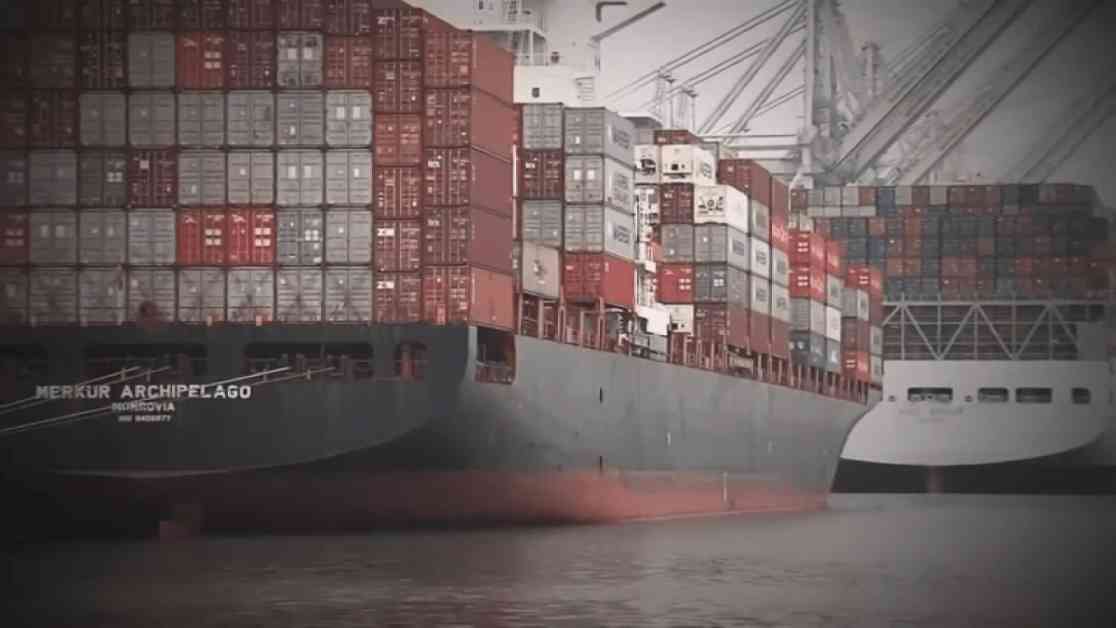U.S. ports from Maine to Texas might close on Tuesday if a union representing about 45,000 dockworkers follows through with a threatened strike. The strike could result in delays to market, price increases, and potential shortages for retailers as the holiday shopping season approaches, according to Mark Baxa, the president of the Council of Supply Chain Management Professionals.
The International Longshoremen’s Association is demanding higher wages and a ban on the automation of certain processes at 36 U.S. ports. If the strike occurs, it would be the first by the union since 1977.
The affected ports include Baltimore, Brunswick, Philadelphia, New Orleans, Boston, New York/New Jersey, Norfolk, Wilmington, Charleston, Savannah, Tampa, Mobile, and Houston. Port Miami officials have stated that cruise operations would not be impacted by the strike.
President Joe Biden could intervene under the Taft-Hartley Act to seek a court order for an 80-day cooling-off period if the strike is deemed a danger to the economy. However, Biden has indicated that he does not plan to intervene in this situation.
Consumers may not notice significant shortages if the strike is resolved within a few weeks, but a prolonged strike could lead to shortages and higher prices on various goods. Retailers like Rick Haase and Daniel Vasquez have made contingency plans to mitigate the impact of a potential strike.
The strike could disrupt holiday shopping, affecting items such as toys. Retailers have already started shipping goods to U.S. distribution centers in anticipation of the strike but may face challenges replenishing items and incurring additional costs due to potential disruptions in the supply chain.
The Toy Association has urged the administration to work with the involved parties to reach a contract agreement. Greg Ahearn, the organization’s president, noted that a strike would occur during a critical period for toy sellers and could result in delays, product shortages, and increased prices for consumers.


